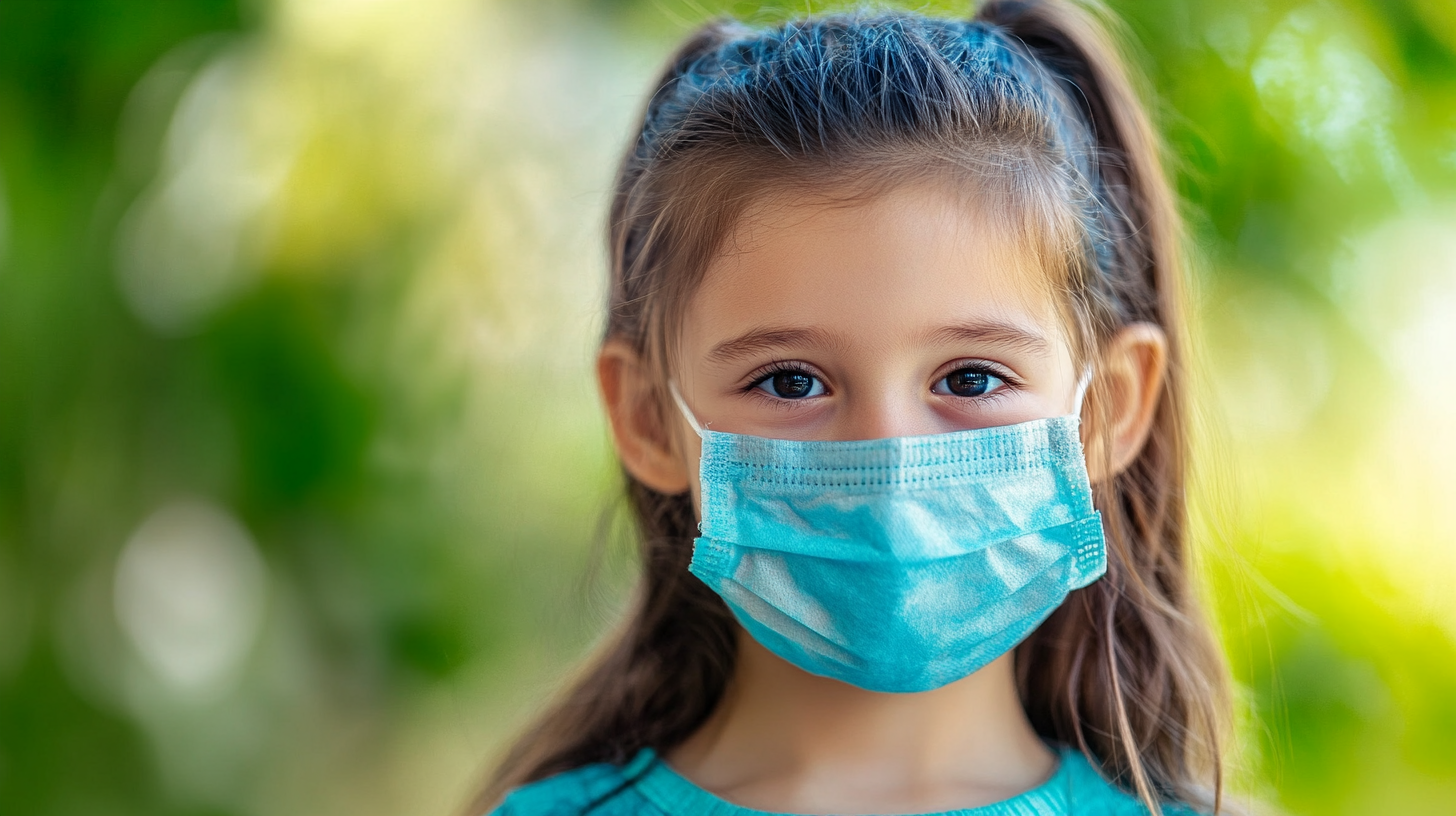Prevention of Common Childhood Illnesses: Essential Hygiene and Healthy Habits Guide
As parents and caregivers, protecting our children from illness is a top priority. With the increasing challenges in maintaining children's health, understanding how to prevent common childhood illnesses through proper hygiene and healthy habits has never been more crucial. This comprehensive guide will explore effective strategies to keep your little ones healthy and thriving.
Understanding the Importance of Childhood Illness Prevention
According to recent studies published in JAMA Network Open, preventive measures in early childhood can significantly impact overall health outcomes. Let's explore how proper hygiene and healthy habits form the foundation of illness prevention.
Essential Hygiene Practices for Children
Proper Hand Washing Techniques
Teaching children effective hand washing is crucial for preventing illness. Here's a simple guide:
- Use warm water and soap
- Wash for at least 20 seconds (sing "Happy Birthday" twice)
- Pay attention to between fingers and under nails
- Dry thoroughly with a clean towel
Daily Hygiene Routines
Establishing consistent hygiene routines helps create lasting healthy habits:
- Morning and evening tooth brushing
- Regular bathing schedule
- Clean clothes daily
- Regular nail trimming and cleaning
Common Childhood Illnesses and Prevention Strategies
Respiratory Infections
Research shows that respiratory infections are among the most common childhood illnesses. Prevention includes:
- Regular hand washing
- Proper cough and sneeze etiquette
- Adequate ventilation in living spaces
- Maintaining distance from sick individuals
Gastrointestinal Issues
To prevent stomach-related illnesses:
- Practice food safety
- Proper hand washing before meals
- Clean drinking water access
- Regular sanitization of toys and surfaces
Creating a Healthy Environment
Home Hygiene
Maintaining a clean home environment is essential:
- Regular cleaning of high-touch surfaces
- Proper ventilation
- Regular bedding changes
- Pet hygiene management
School and Daycare Safety
Coordinate with educational facilities to ensure:
- Regular sanitization protocols
- Proper hand washing stations
- Sick child policies
- Clean eating areas
Building Healthy Habits
Nutrition and Hydration
A strong immune system starts with proper nutrition:
- Balanced meals with plenty of fruits and vegetables
- Regular water intake
- Limited processed foods and sugary drinks
- Age-appropriate portion sizes
Physical Activity and Rest
Balance is key for maintaining health:
- 60 minutes of daily physical activity
- Age-appropriate sleep schedules
- Regular outdoor time
- Structured rest periods
When to Seek Medical Attention
Know the warning signs that require professional care:
- Persistent high fever
- Difficulty breathing
- Severe dehydration symptoms
- Unusual behavioral changes
Expert Insights
Comments from Child Health Specialists
Dr. Sarah Johnson, pediatric specialist at Children's Health Center, states: "Prevention is always better than cure. Establishing good hygiene habits early in life creates a foundation for lifelong health."
Parent's Corner
"As a mother of three, I've learned that making hygiene fun is key. We turn hand washing into a game and use colorful charts to track healthy habits. It's amazing how quickly children adopt these practices when they're engaging and enjoyable!" - Lisa Thompson, Parent Educator
Conclusion
Preventing childhood illnesses requires a combination of proper hygiene practices, healthy habits, and vigilant care. By implementing these strategies consistently, we can significantly reduce the risk of common childhood illnesses and promote overall well-being.
Follow us on Instagram @crianca.blog for daily tips on children's health and wellness. Join our community of caring parents and share your experiences with preventing childhood illnesses!
